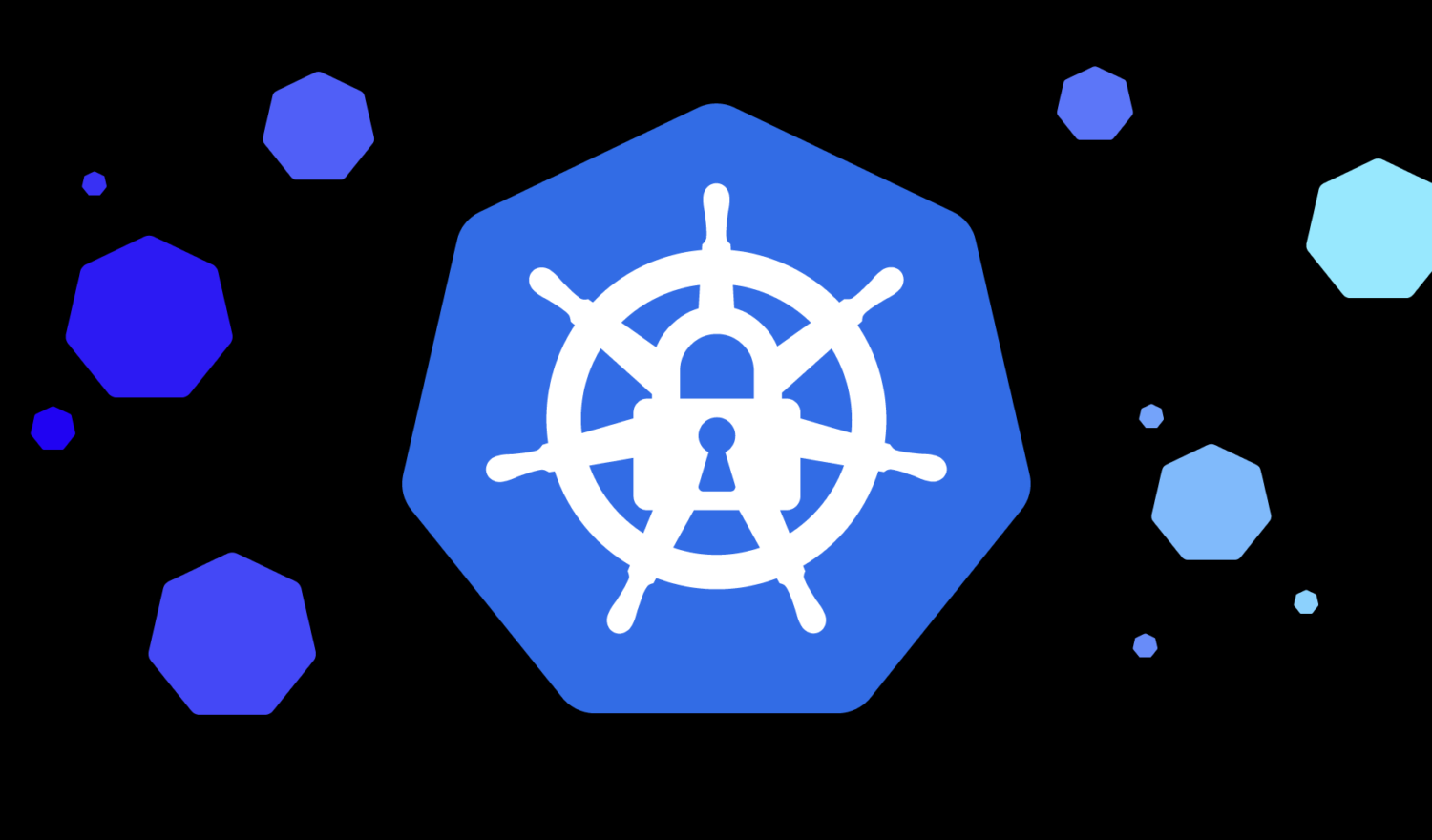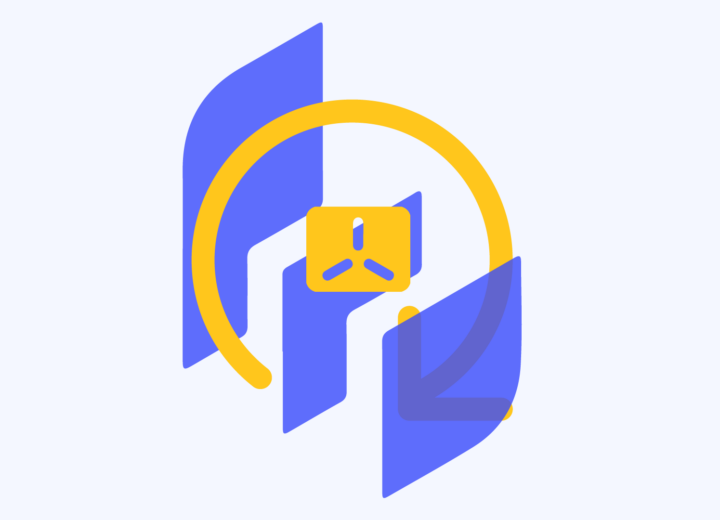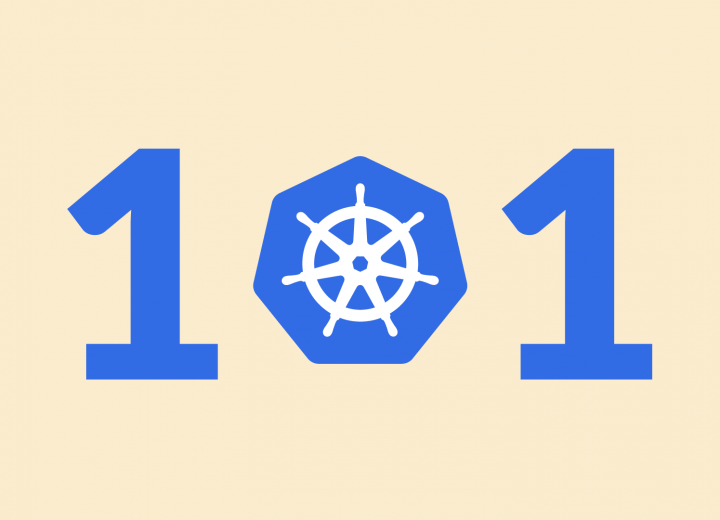At inovex we believe in strong communities and partners. The Linux Foundation became a particularly valuable partner for our trainings.
Even though we became partners as early as 2017, our collaboration really kicked off when we became a Kubernetes Training Partner for the Cloud Native Computing Foundation which was founded by the Linux Foundation in 2015.
inovex is an early adopter of Kubernetes and we accompanied the project on its way to mainstream adoption from the very beginning. This gives us deep insight into the core concepts of the technology which we share with our customers and use in our daily project business.
My decision to become a Kubernetes Trainer in 2019 is not only driven by my interest and usage of the technology or the ever growing demand for training in that section. Training is so much more than passing on in-depth knowledge on a topic. It is a challenge to give a great and motivating training, so why even bother being a trainer and working on a project at the same time?
For me, having this possibility is one of the greatest benefits working at inovex.
Giving a course every 6 or 8 weeks brings a great variety to my job, but also forces me to be a better team player. No team can afford that someone hoards knowledge and then leaves for 3 or 4 days. When I have made sure I can leave my team without a guilty conscience and each time a training starts, I find myself in a very different environment.
As a trainer you are on your own in front of people you usually have not met before and need to explain a very complex topic so that it is easy enough to understand. No matter if the student has zero hands-on time with the technology or if he or she is an experienced professional.
It requires you to be ready for a deep dive in all the moving parts of the Kubernetes machinery. In my experience, if you teach a topic, that is when you really start to understand all the details and concepts for yourself.
Teaching is difficult enough, so it is great that we, as an authorized training partner, can use the material maintained and provided by the Linux Foundation. Of course, our current Kubernetes training staff of six people, meticulously vetted by the Linux Foundation, is constantly giving feedback on the material for every new version. This way of continuous improvement is a perfect fit for our own agile culture.
This fruitful partnership peaked when we were invited to beta-test the new Kubernetes Security Fundamentals (LFS460) training in January 2021, where we helped to debug the course and gave feedback on its content and structure before it got released to the public.
A practical approach
A lot of companies that are jumping on the Kubernetes bandwagon find themselves in a situation where installing a Kubernetes cluster for the first time seems fairly easy. The first deployments are usually not a problem either.
Soon enough a lot of teams are overwhelmed by the sheer complexity of the technology that became the de facto standard for container platforms. On one hand you have to deal with all the different flavours of cluster setups and on the other hand you have to develop cloud native applications and operate them inside the cluster.
This is where our training approach with a well balanced mix of practical exercises and deeper explanations of the underlying concepts comes in.
In the Kubernetes Administration (LFS458) class you can learn everything from setting up highly available clusters to choosing the right network plugin to operating etcd databases. For developers that need to get their application ready for a modern container platform, the Kubernetes Application Developer (LFD459) class gives answers on how to containerize your application, deploy it into a cluster and manage the whole lifecycle including rolling upgrades and rollbacks of your software.
A lot of our customers decide to attend a Kubernetes training in addition to a project with us. Since all of our trainers are engineers in the first place, you will be able to ask project specific questions while also acquiring the international standardized skills the training material from the Linux Foundation provides. If you are at the very beginning of your journey, a workshop could be the perfect complement to a training to start an individual project, to fill your backlog or to identify potential roadblocks.
Keeping up with constant change
Despite the pandemic, the steadily growing demand for Kubernetes classes has not decreased in 2020 and 2021. We prefer on-site classrooms and personal interaction with our students, but we had to adapt to remote virtual trainings which worked out great so far.
There is no sign of slowing down in the tech world. Especially Kubernetes, which has matured in the cloud, still has a lot of growth potential for on-premises infrastructure.
While the software is still evolving and moving forward, the training material and we as trainers also need to keep moving. Standing still means going backwards.
I have learned that a training can be very valuable give and take between the instructor and the students.
I always learn something new from the students, be it a real world problem I have not even thought about or keeping the empathy for someone who is new to the topic. I am excited for every new training to come and if you feel that you or your team needs to step up the Kubernetes skills feel free to join our open trainings (held in either Englisch or German language):
https://www.inovex.de/en/training/kubernetes-security-fundamentals/




Yeah! Timo rocks! ?
Great article and work! as usual, keep it up guys/Timo !!
Thanks for the kind words Mario! 🙂 Good luck on your further journey in the IT world.